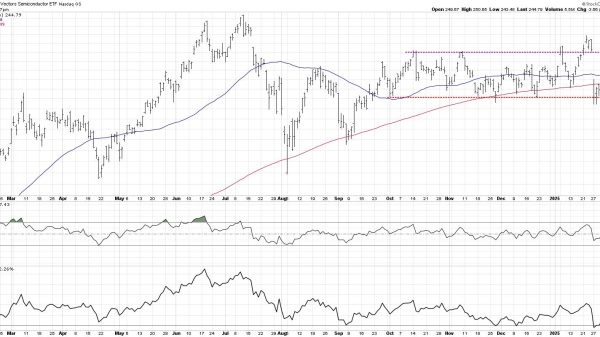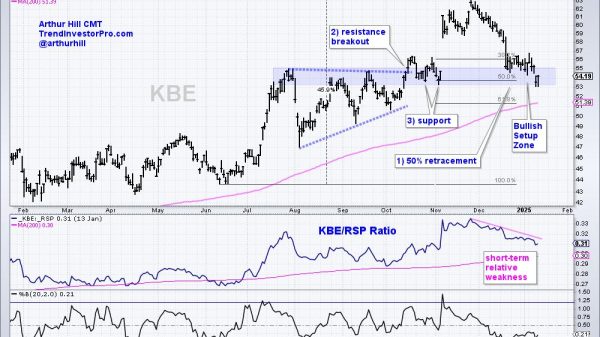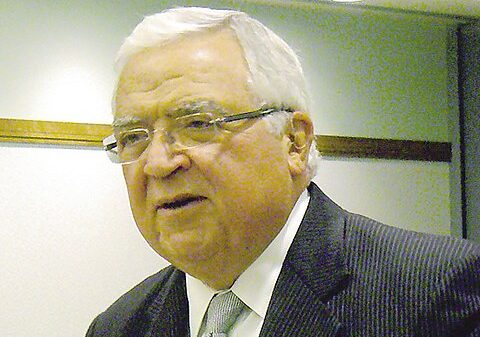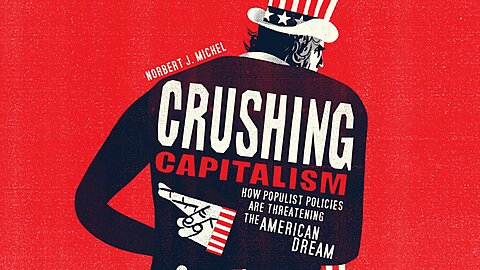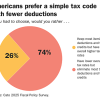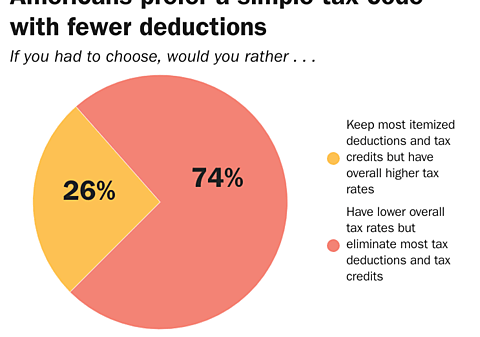
Keir Starmer’s Labour government has been warned that its tough stance on benefits risks costing the UK economy more than £38 billion a year while pushing more people into poverty and increasing pressure on public services.
The anti-poverty charity the Trussell Trust said that, despite Labour’s repeated promises of no return to austerity, attempts to curb welfare spending could have severe economic and human consequences. In a report commissioned from WPI Economics, the charity argued that Britain’s elevated poverty levels are already sapping potential output and damaging the nation’s finances.
The intervention comes as the government prepares to publish its child poverty strategy in June, amid growing unrest among Labour MPs over the £5 billion in benefit cuts announced by Chancellor Rachel Reeves in her spring statement. Ministers are reportedly ruling out scrapping the controversial two-child benefit limit introduced by the Conservatives, a policy campaigners warn could drive child poverty to record highs.
The Trussell Trust’s report highlights that as many as 9.3 million people, including 3 million children, faced hunger and hardship in the financial year ending March 2023. Defined as living more than 25 per cent below the poverty line set by the Social Metrics Commission, these households struggle with day-to-day essentials.
The economic toll is significant. Lower employment rates and weakened productivity among people in deep poverty mean the UK economy is missing out on £38.2 billion in annual output. This, in turn, deprives the Treasury of £18.4 billion in tax revenues and forces £5.3 billion of extra spending on social security support. Additional demands on services such as the NHS, social care and education are estimated to cost the exchequer another £13.7 billion annually.
Helen Barnard, director of policy, research and impact at the Trussell Trust, urged ministers to urgently rethink their welfare policies, particularly cuts to disability benefits and the maintenance of the two-child limit. “Slashing support for disabled people who most need our collective protection from hunger is cruel, irresponsible, and out of touch with what the public wants,” she said. “Turning this tide would have huge benefits, not just to individuals, but for us all.”
The charity argued that abolishing the two-child limit alone would lift 670,000 people—including 470,000 children—out of hardship, reducing costs to the economy and public services by more than £3 billion.
It also called for the introduction of an “essentials guarantee” within universal credit to ensure that basic living costs are met, a measure that could lift more than two million people out of deep poverty.
A spokesperson for the Department for Work and Pensions defended the government’s approach, saying: “We have set out a sweeping package of reforms to health and disability benefits that genuinely supports people back into work and lifts people out of poverty, while putting the welfare system on a more sustainable footing.”
As Labour prepares its next phase of economic reforms, the warning from the Trussell Trust highlights the political and fiscal risks of pursuing further cuts in a country still grappling with the legacy of years of squeezed living standards.
Read more:
Labour’s benefit cuts could cost UK economy billions, warns Trussell Trust









